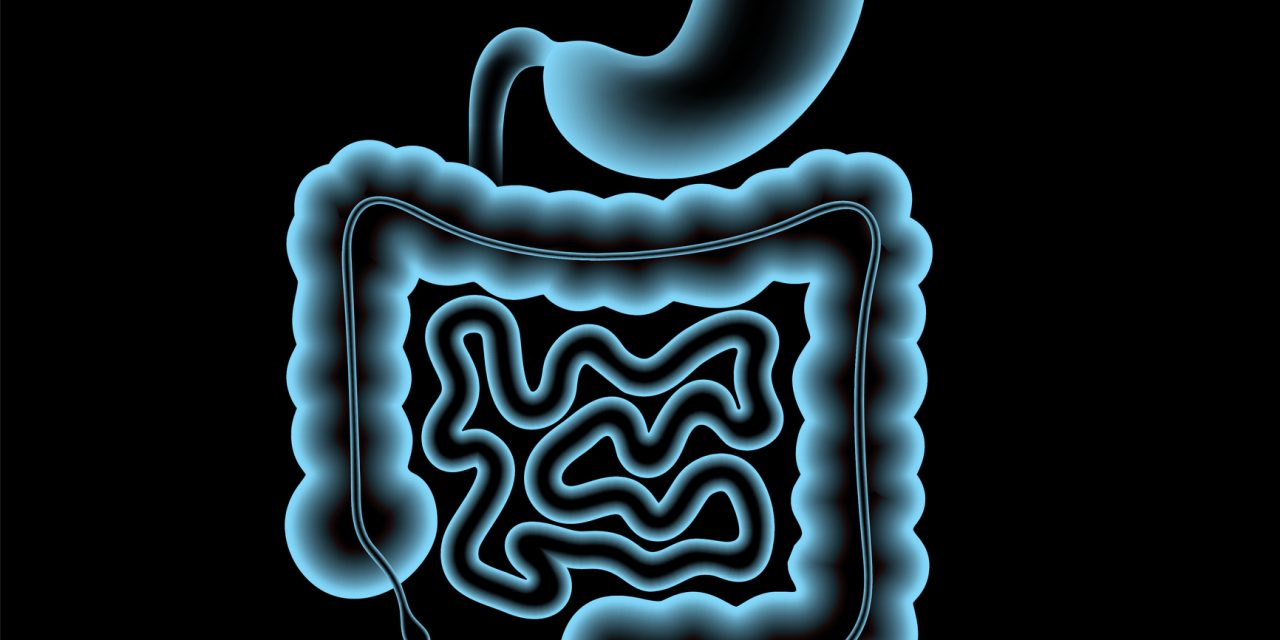For a study, it was determined that antibiotics were known to cause dysbiosis, whereas probiotics helped to maintain healthy gut flora. The researcher’s goal was to determine how the probiotic Saccharomyces boulardii (SB) CNCM I-745, the antibiotic Amoxicillin-Clavulanate (AC), and the combination of the two affected the microbiota and symptoms of healthy people. Healthy volunteers were divided into four groups: SB for 14 days, AC for 7 days, SB plus AC, and Control (no treatment). Participants provided stool samples and completed questionnaires about gastrointestinal symptoms. Pyrosequencing of the 16s rRNA gene was used to examine microbiota alterations in stool samples (bTEFAP). Only one participant withdrew owing to unfavorable circumstances. Subjects who received S boulardii + AC experienced fewer side effects and handled the processing regimen better than those who just received AC. Throughout the investigation, the microbiota of control subjects remained steady. During antibiotic therapy, the AC alone group experienced significant microbiome changes. Reduced prevalence of the species Roseburia and increase in Escherichia, Parabacteroides, and Enterobacter were among the AC-related alterations. Microbiota changes returned to baseline 2 weeks following anti biotherapy. However, they were not restored. No significant changes in bacterial genera were observed in the SB alone group. When SB was added to AC, the microbiota alterations were less apparent, with less Escherichia overgrowth and lower antibiotic-associated diarrhea scores. Antibiotic treatment was linked to significant changes in the microbiota, including both decreases and increases in distinct genera. Antibiotic-induced microbiota alterations (dysbiosis) can be mitigated by S. boulardii treatment, as can antibiotic-associated diarrhea.
Link:www.tandfonline.com/doi/full/10.1080/19490976.2016.1267890


